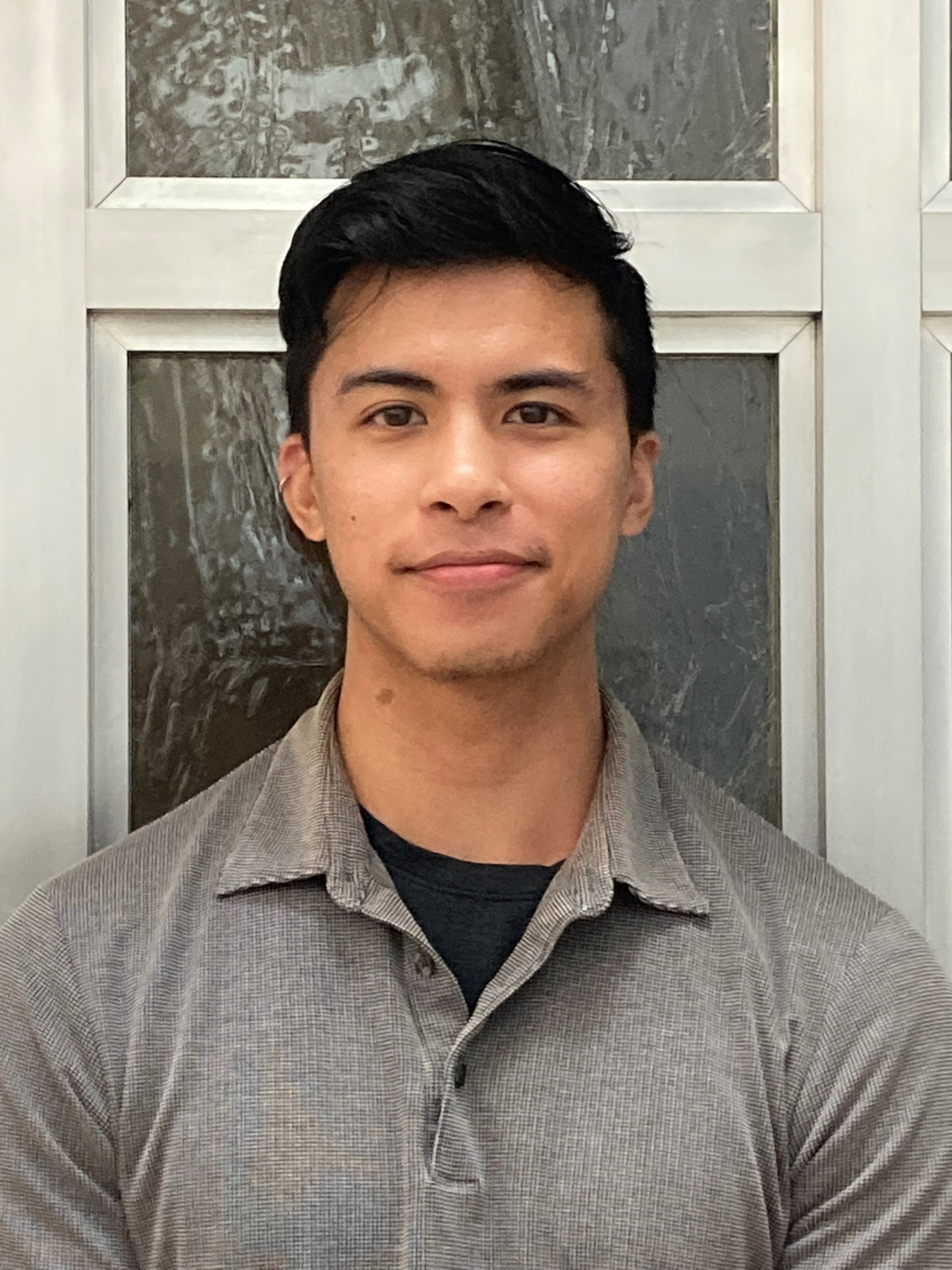Oral Abstract
Immunohematology and Genetic Testing (red cells/leukocytes and platelets) - Molecular Diagnostics and Testing
#OA3-AM25-MN-20 - Novel ABO Variants Causing Altered Expression of ABO Antigens

June Fuertes, MS, MLS(ASCP) (he/him/his)
New York Blood Center Enterprises, Immunohematology and Genomics Laboratory
Long Island City, New YorkDisclosure information not submitted.
Presenting Author(s)
Study
Design/Methods: Serologic testing was performed by standard tube method (Immucor). DNA was extracted from WBCs (QIAGEN). Amplification and Sanger sequencing of the ABO proximal promoter, enhancer, exons 1-7 and flanking intron regions was performed. Phasing for S1 was achieved by leveraging the nucleotide shift from the heterozygous c.261delG variant to infer variant arrangement from the electropherogram misalignment. S2 and S3 new variants were phased by sequencing of allele-specific (AS) PCR products.
Results/Findings:
Table 1 summarizes serology and molecular results. S1 was a Caucasian male blood donor with forward type group O and reverse type group A. No reactivity was observed with Anti-A,B; Anti-A failed to be adsorbed and eluted from RBCs. Sanger sequencing detected O.01.02 and novel variant c.314T >G (p.Leu105Arg), all in heterozygosity. Analysis of exon 6 sequencing results indicated that c.314G was in trans to O-specific c.261delG.
S2 was a female whose RBCs reacted weakly with Anti-A and Anti-A,B, strengthening upon room temperature incubation, and non-reactive with Anti-B. The plasma displayed no reactivity with A1 and A2 cells, and strong reactivity with B cells. Sequencing analysis detected variants consistent with ABO*A1.02/O.01.02 and a new heterozygous variant c.1012A >C (p.Lys338Gln); subsequent AS-PCR and sequencing phased the variant to the A1.02 allele.
S3 was a female patient diagnosed with sepsis. The RBCs were strongly reactive with Anti-A, -B, -A,B, and -A1 lectin but the plasma was weakly reactive with B cells. The presence of a cold autoantibody was ruled out. Sanger sequencing found changes consistent with ABO*A1.01/B1.01 and identified a new heterozygous variant c.712G >A (p.Gly238Arg). AS-PCR and sequencing linked c.712A to ABO*B1.01.
Conclusions: We identified three novel ABO alleles. ABO*A(314G) may lead to extremely low levels of A antigen, but it was not supported by adsorption/elution studies. ABO*A1.02(1012C) encodes Aweak antigen expression. ABO*B.01(712A) was not associated with weak B, but anti-B was present in the plasma. Given some reports of differential expression of ABO subgroups dependent on allele in trans, it seems possible that this allele encodes Bweak when in trans to ABO*O.

